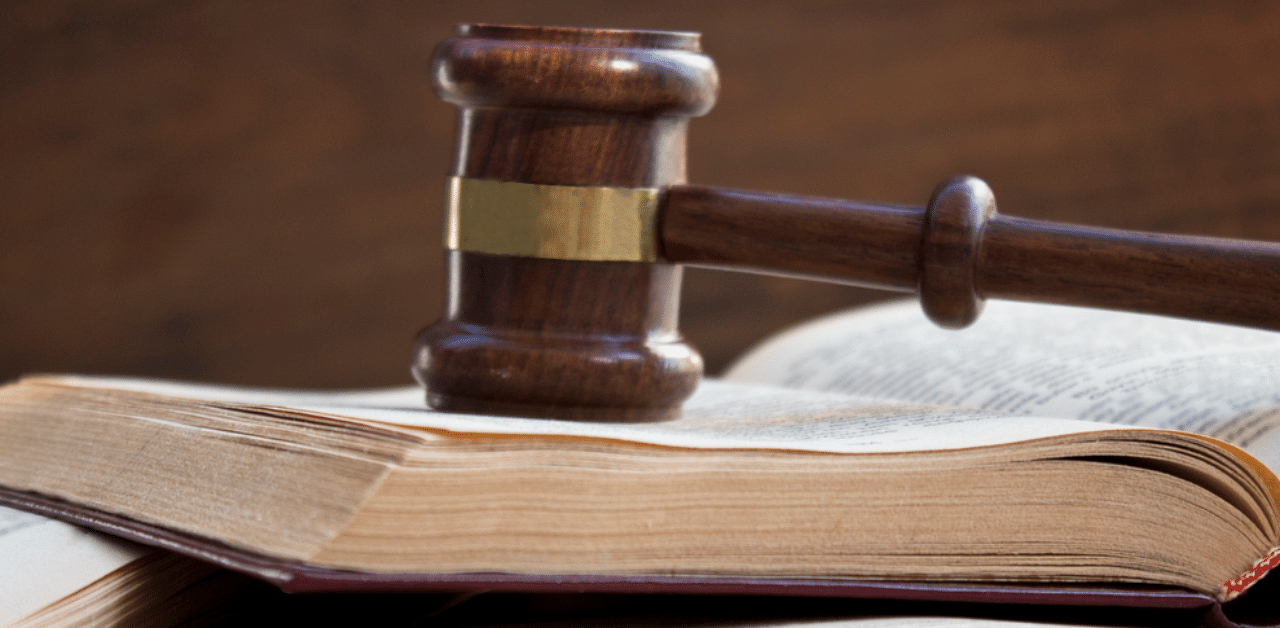
Can sexual minorities demand a search by a non-male police officer? Should the Criminal Procedure Code (CrPC) be amended to regulate the use of handcuffs? Should complainants be provided with an opportunity to be heard in bail proceedings? Can undertrials who are in jail for offences up to seven years be released upon completion of one-third of the period of the maximum sentence instead of the existing half period?
These are among the 109 questions raised by the Ministry of Home Affairs (MHA)-appointed Committee for Reforms in Criminal Laws while seeking an opinion of experts on the changes needed in CrPC.
Fifty-two questions form part of the first round of online consultation on procedural law that ends on August 28 and the rest 59 are part of the second round of consultation, which will start on August 29 and end on September 15.
The MHA had set up the Committee for Reforms in Criminal Laws in May this year to undertake a review of criminal laws.
The committee has already concluded two rounds of consultations on substantive law, during which it sought opinion on a variety of provisions in the Indian Penal Code, including whether there is a need to omit or amend the sedition clause and whether there is a need to lower the minimum age for criminal responsibility from 18 years.
The consultation on the Law of Evidence will start on August 29.
On the CrPC, the panel has asked whether life imprisonment without the possibility of remission was at odds with the penological justification of rehabilitation. Another question is about the possibility of giving victims a greater role in the prosecution of offences.
It is also seeking advice on inclusion of the provision for collecting voice samples alpha-numeric/Face ID/Touch ID passwords to electronic devices and other biometric identifiers and the safeguards to be put in place for protecting the right to privacy.
The panel headed by National Law University-Delhi Vice-Chancellor Dr Ranbir Singh wants to know whether there is a need to amend the provisions for an obligation on the arresting officer to inform the arrestee of their rights at the time of the arrest such as the right to free legal aid, right against self-incrimination and medical examination.
It also wants an opinion on whether there is a need to modify Section 41(D) of the CrPC to allow an arrestee to take legal prior to his interrogation and presence of a lawyer throughout the interrogation.
“In what manner should the provisions pertaining to arrest, search and seizure be modified in order to account for the needs of gender and sexual minorities (e.g., gender minorities being provided the right to demand search by a non-male police officer)?” another question read.
"When it comes to bail hearings, the panel wants to know whether complainants and victims should get an opportunity to be heard in court. In addition to the existing monetary bail system, should alternatives such as conditional release be introduced?" the panel has asked.
Setting a time-frame for deciding on bail applications, filing the final report after completion of the probe, submitting supplementary chargesheets, completing trials and pronouncing judgement after reserving it is also being considered.
Amid civil rights activists complaining about police imposing Section 144 (prohibitory orders) indiscriminately, the panel has asked what could be done in a manner that adequately balances individual rights and national security.
The panel is tasked with recommending reforms in a "principled, effective, and efficient manner which ensures the safety and security of the individual, the community and the nation and which prioritises the constitutional values of justice, dignity and the inherent worth of the individual".
Earlier, a group of former judges and bureaucrats, lawyers and academicians have demanded reconstitution of a government-appointed committee looking into criminal law reforms, saying it has no representation of women, Dalits and minorities in the panel tasked with recommending wide-ranging changes in the statutes.
The group, which included former Supreme Court judges Gopal Gowda and Kurien Joseph among others, also wanted the committee to suspend its functioning at a time the country is in the grip of the Covid-19 pandemic.
